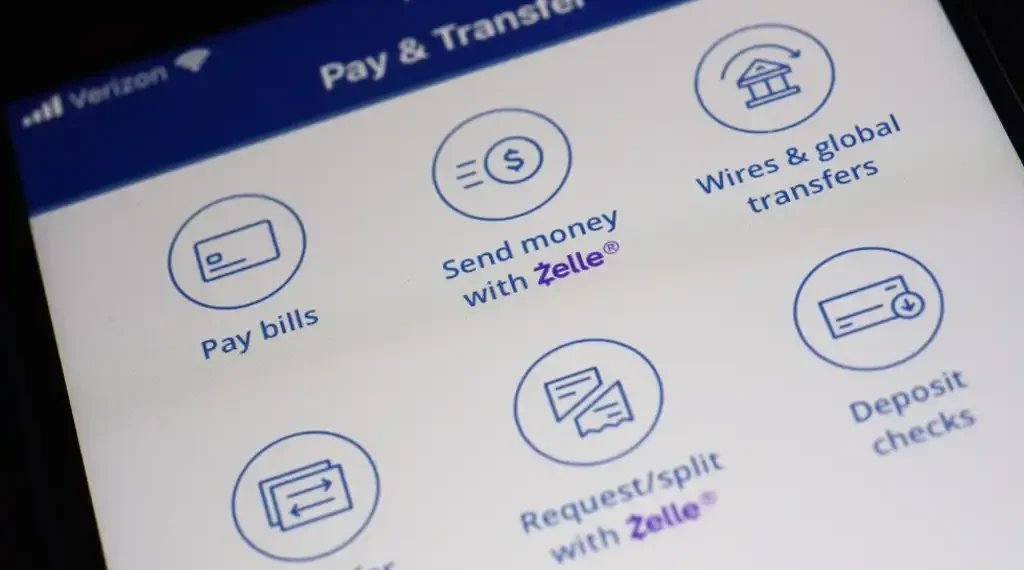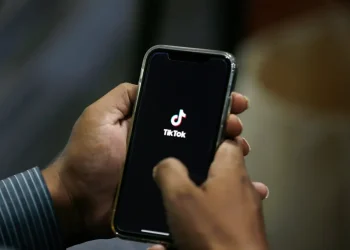Here’s a fully rewritten, SEO-optimized version of your Zelle article for journosnews.com, structured for Google AdSense compliance, professional tone, and clear readability. It also includes suggested SEO keywords and hashtags.
Title: New York AG Sues Zelle Parent Company Over Alleged Fraud Failures
Subtitle: Attorney General Letitia James files lawsuit after federal case against Zelle is dropped under Trump administration.
New York Attorney General Targets Zelle’s Parent Company in Fraud Protection Lawsuit
Published Time: 08-14-2025, 14:30
New York Attorney General Letitia James has filed a lawsuit against Early Warning Services, the parent company of Zelle, alleging the platform failed to protect users from scams. The move comes months after the federal Consumer Financial Protection Bureau (CFPB) dropped a similar case amid actions by the Trump administration.
Allegations Against Zelle
The lawsuit, filed in New York state court, claims that Zelle, owned by a consortium of U.S. banks through Early Warning Services, did not include essential safety features to prevent fraud. According to James’ office, the platform’s lack of verification processes allowed scammers to access accounts or trick users into transferring money to fraudulent accounts posing as legitimate businesses.
“No one should be left to fend for themselves after falling victim to a scam,” James said. “I look forward to getting justice for the New Yorkers who suffered because of Zelle’s security failures.”
Federal Case Dropped
Earlier this year, the Consumer Financial Protection Bureau had initiated a similar case against Zelle. However, the agency dropped the lawsuit after President Donald Trump dismissed the CFPB director, paused agency operations, and moved to fire key staff members.
James’ office noted that her decision to proceed with the lawsuit was influenced by the CFPB’s abandonment of the case following the change in federal administration.
Real-World Examples of Fraud
The lawsuit cites multiple instances of users being defrauded through Zelle. In one example, a New York resident received a phone call from someone claiming to be an employee of the utility company Con Edison. The caller falsely warned that the user’s electricity would be shut off unless payment was made via Zelle. The victim transferred $1,500 to a Zelle account named “Coned Billing” and later discovered it was a scam. Attempts to recover the funds through the bank were unsuccessful, according to James’ office.
James’ allegations focus on the platform’s insufficient fraud protections and inadequate verification measures, which she argues left consumers vulnerable.
Zelle’s Response
Through a spokesperson, Zelle dismissed the lawsuit, calling it “a political stunt to generate press, not progress.”
“The Attorney General should focus on the hard facts, stopping criminal activity and adherence to the law, not overreach and meritless claims,” the statement said.
Context and Political Implications
Attorney General Letitia James has previously been a frequent legal adversary of former President Trump, filing multiple lawsuits against him over the years. Recent reports from The Associated Press indicate that the Justice Department has subpoenaed James as part of an investigation into whether she violated civil rights in her previous actions.
While the political dynamics may add context, the current lawsuit primarily centers on consumer protection and alleged failures in Zelle’s fraud prevention mechanisms.
Importance of Consumer Protection in Digital Payments
Zelle enables near-instant money transfers between users, making it a convenient platform but also a target for scammers. Critics argue that digital payment services must implement robust security measures to prevent fraud, including identity verification, transaction alerts, and dispute resolution processes.
James’ lawsuit emphasizes the responsibility of payment providers to safeguard user funds and to ensure that customers are not left unprotected when fraud occurs. The case may set a precedent for how digital payment platforms manage security and accountability in the United States.
Potential Impact on Users and the Financial Industry
If successful, the lawsuit could result in stricter regulations for Zelle and similar services, potentially requiring banks and payment platforms to adopt enhanced fraud prevention tools. Consumer advocates have long argued that current protections are inadequate, leaving users exposed to sophisticated scams.
Meanwhile, the banking consortium that owns Early Warning Services may need to address both technological and policy shortcomings, including improved verification protocols and more transparent procedures for recovering funds lost to fraud.
Conclusion
The New York Attorney General’s lawsuit against Early Warning Services underscores ongoing concerns about security in digital payments. By targeting Zelle’s alleged failures, the case highlights the growing importance of protecting consumers from scams in fast-moving financial transactions. The outcome could influence not only Zelle’s operations but also broader standards for online payment platforms in the United States.
This article was rewritten by JournosNews.com based on verified reporting from trusted sources. The content has been independently reviewed, fact-checked, and edited for accuracy, neutrality, tone, and global readability in accordance with Google News and AdSense standards.
All opinions, quotes, or statements from contributors, experts, or sourced organizations do not necessarily reflect the views of JournosNews.com. JournosNews.com maintains full editorial independence from any external funders, sponsors, or organizations.
Stay informed with JournosNews.com — your trusted source for verified global reporting and in-depth analysis. Follow us on Google News, BlueSky, and X for real-time updates.














